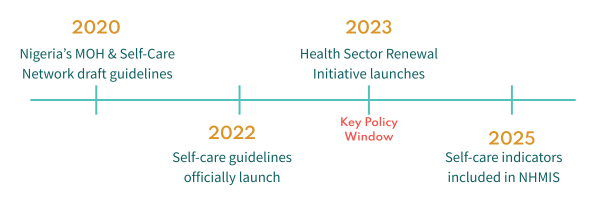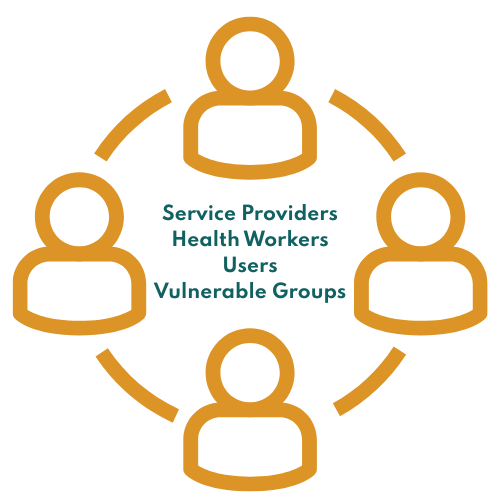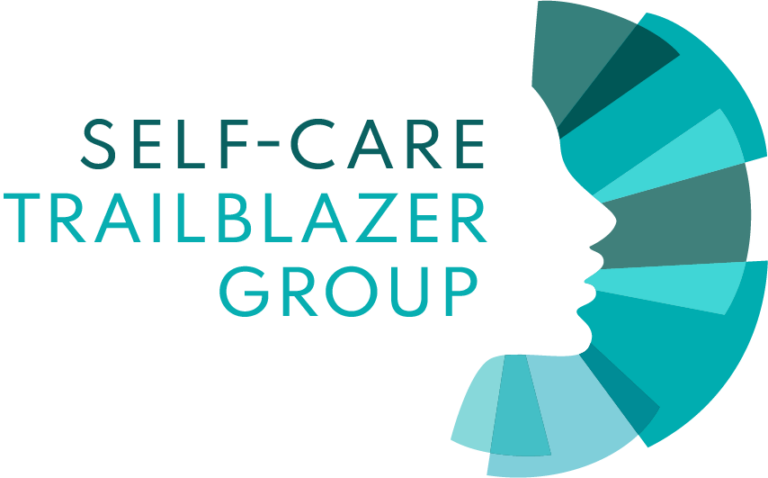This year’s Self-Care Trailblazers Group Annual Member Summit celebrated the growth and resilience of our global self-care movement amidst crisis in the global health sector. At the core of that growth are the implementation efforts happening at the national and sub-national level throughout the African continent, driven by strong partnerships between civil society and governments. Ministries of Health from Nigeria and Senegal presented on their successes in implementing self-care policies that have contributed to increased mCPR, reductions in maternal mortality, and progress towards universal health coverage.
Dr. Oyeniyi, Director, Reproductive Health Division, Family Health Department, FMOH, Nigeria kicked off the country presentations by sharing how Nigeria was institutionalizing self-care into health systems through the integration of self-care indicators in the National HMIS. Nigeria’s self-care implementation journey began with the development of National self-care guidelines and DMPA-SC strategies in 2020. Establishing national structures—such as the Self-Care Coordination Committee and the Self-Care Advocacy Network— to drive dissemination, advocacy, coordination have been critical to the success of Nigeria’s self-care implementation. Additionally, active support and signed commitments from professional associations as well as integration of self-care into community nursing and midwifery curriculums helped to shift self-care from policy to practice.
The next step was measuring the impact of the new self-care policy shifts. In alignment with the Health Sector Renewal Initiative (NHSRII) to strengthen data, quality, and accountability, the government has integrated 14 self-care indicators into Nigeria’s NHMIS. Visibility of self-care data is now empowering policy makers and health workers to make evidence-based decisions; as well as track and improve programs at the Primary Healthcare level across states and communities.

Annual budget allocations for self-care have also led to significant improvements in SRH outcomes and mCR. Accessibility of family planning products has also increased, through the provision of self-care products over-the-counter and through community PPMVs, including the provision of 3 take-home doses of DMPA-SC for home self-injection. Nigeria will continue to leverage these lessons to scale-up self-care along the RMNACH the continuum of care and sustain the momentum.
Dr. Badji from the Ministry of Health in Senegal presented progress on developing a self-care law. In Senegal self-care policies and guidance have primarily been supported through partners like PSI and PATH, beginning with the development of guidelines in 2021. However, to ensure self-care policies reflect social, cultural, economic and political realities, government commitment is key. This led to the decision to develop a self-care law defining self-care, taking into account legal, ethical, and gender equity considerations

In Senegal, the MoH has engaged institutions, key stakeholders, and involved local self-care networks– consulting service providers, health workers, users and communities including vulnerable groups such as people living with disabilities and elderly to ascertain their needs and ensure their rights would be protected under the self-care law. These consultations have provided valuable insights into how self-care can play a role in supporting selfcare health systems, introduce innovative strategies, expand selfcare to other health areas such as non-communicable diseases for diabetes management, provide support for beneficiaries and empower people to take care of their own health. The draft bill has four chapters outlining practices and implementation.
The next steps include putting forward the draft bill on self-care to the government for approval, ensuring a critical mass of suppliers and community stakeholders to promote self-care, designing and implementing strategies to diversify financing as well as strengthening alignment collaboration and coordination to ensure the bill is adopted.
These presentations highlighted a growing commitment from governments to expand and iterate on existing self-care guidelines. They serve to further weave self-care into the larger healthcare system, leading to stronger, more cost-effective and more resilient health systems.
